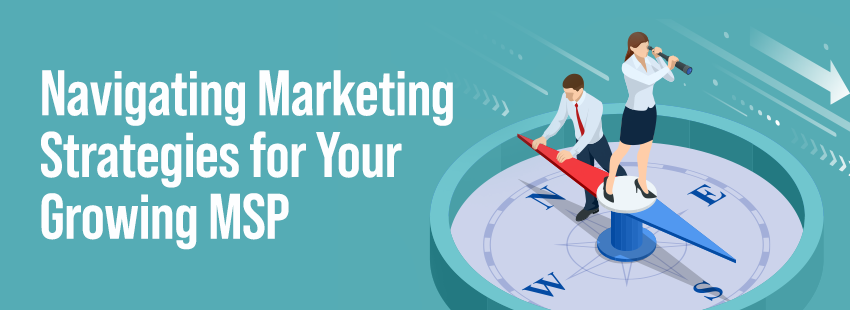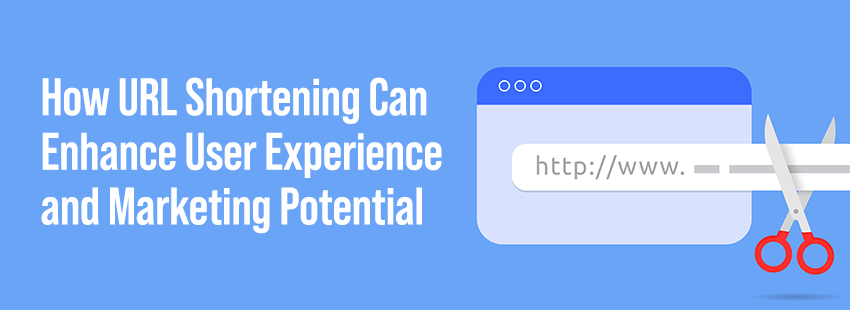MQLs vs. SQLs: Do They Still Matter?
One of the most logical places for an SMB to start when they want to grow their book of business and drive new revenue is to look closely at their leads and sales funnel. These are the potential new customers and the tail of new business that could come into the organization if nurtured properly.
A piece of this sales funnel equation is MQLs and SQLs. An MQL (marketing qualified lead) is a lead (a person or business that might become a customer) that lead intelligence says is more likely to become a customer than other leads but might be earlier in the buying cycle. Meanwhile, an SQL (sales qualified lead) is a lead that’s a potential customer, meaning they’re entering the buying cycle.
Both MQLs and SQLs are important but distinct parts of the buying cycle that are important for an SMB to understand if they want to optimize their business and ensure their marketing and sales teams are working in sync. Understanding the distinction is an essential factor in how to develop a sophisticated sales cycle.
In a typical situation, an MQL is a lead that could be nurtured on their own into purchasing, or it could be vetted and passed along to the sales team for follow-up. At that point, when the potential customer is ready to ask to speak with the sales team, it becomes an SQL. These two can run in parallel or be passed from one to another.
Understanding this process is an essential factor in lead scoring or the process of determining which leads are most likely to be turned into paying customers and assigning those potential customers a numerical value. Lead scoring helps a company’s sales and marketing teams know which potential clients are most likely to convert to paying customers, allowing them to prioritize their time and resources and have more meaningful conversations.
Additionally, solid processes in place regarding MQLs and SQLs give your organization better data on what is working and what isn’t in the sales process. How many of these leads are converting, and are there places where conversions aren’t happening that can be improved?
Finally, part of helping this whole process succeed is ensuring alignment between the sales and marketing teams. One thing to be careful about with creating an MQL and SQL process is that you are building it as a collaborative process, not one where marketing and sales are fighting over leads. This process includes tactically making sure the two groups are sharing information and culturally ensuring they are working together in harmony.
While gathering and tracking data for MQLs and SQLs may seem intimidating to many SMBs, it can significantly impact their ability to grow and drive a more sophisticated sales and marketing operation. Ultimately, building in an MQL and SQL process isn’t as complicated as it sounds and can reap benefits and enhance the ability to grow.





